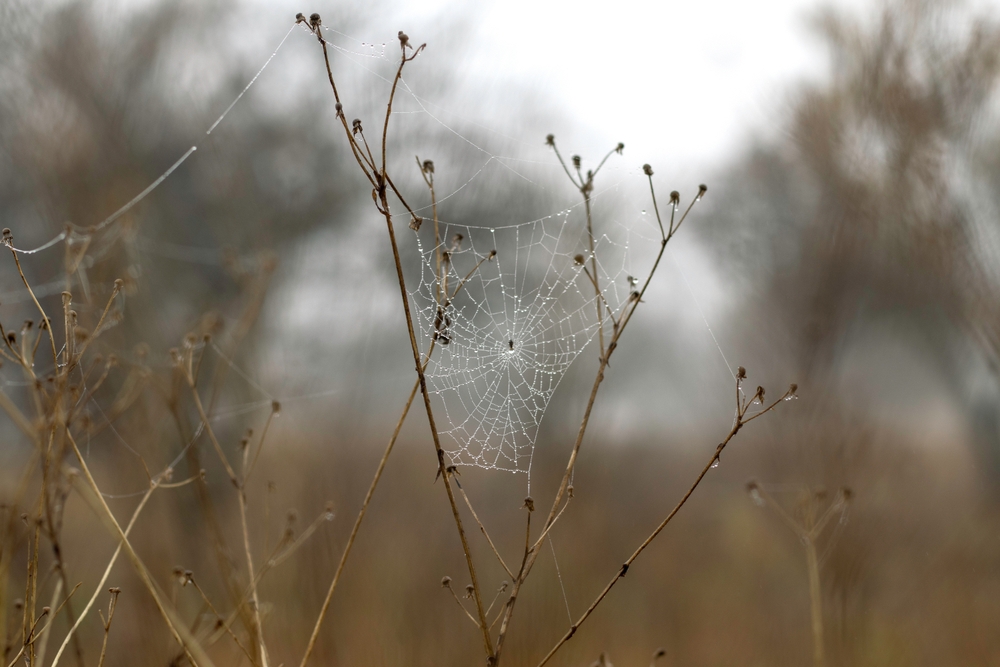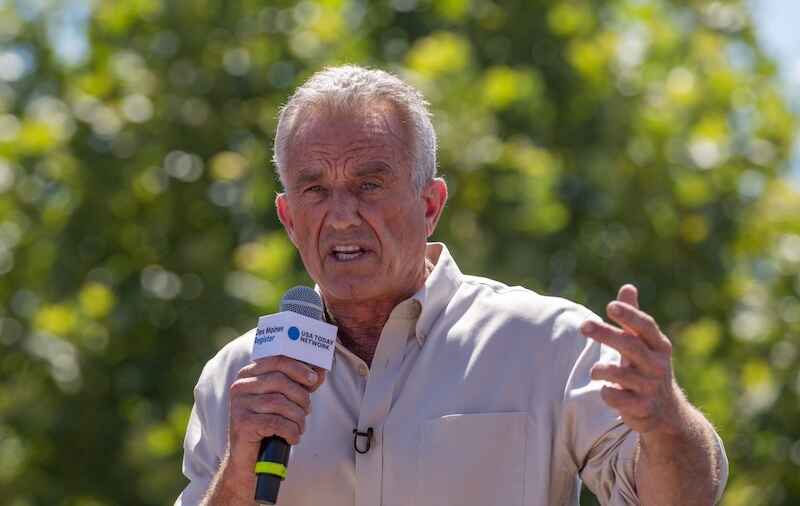The True Cost of Government Handouts
Joel Salatin|October 30, 2024

Government largesse is everywhere.
But it’s inherently unfair, even when it sounds kind.
Here’s what I mean…
The college tuition bailouts made everyone who either didn’t go to college or paid for their education themselves look like suckers.
The day the government involved itself in higher education, tuition costs increased dramatically. Young people developed a new sense of entitlement. And the “help” bred resentment from those who didn’t or wouldn’t take advantage of the freebie.
This is the way it is with all government help.
A few days ago, my wife was picking up an antibiotic prescription at Walmart for my mother (now more than 100 years old).
As my wife waited, a guy came to the counter wanting four vaccine shots, or the 4-in-1: covid, flu, shingles, RSV. All free, of course.
My family, including my 100-year-old mother, doesn’t believe in any of those vaccines. Obviously we aren’t anti everything – see my mother’s antibiotic – but vaccines are completely out of hand.
None of us, including my elderly mother, got or gets any of these vaccines. None of us has had any of these maladies. We just keep chirping along, eating non-chemical food, cooking from scratch, and enjoying life.
We disagree vehemently with the notion that 4-in-1 is healthy. We consider it fairly deadly, actually.
But our taxes pay for it. Therein lies the unfairness.
Your Choice, Your Money
One person chooses an unorthodox cancer treatment in Mexico. Another person opts for Medicare-funded conventional treatment at a U.S. hospital.
I have no beef with either option: your body, your health, your choice.
But as soon as your choice becomes a financial liability for me, my attitude changes.
No longer is this just freedom of choice. It creates resentment because I’m paying for your recklessness.
Private insurance and private marketplaces take risk into account. But as soon as the government decides on a one-size-fits-all approach that everyone has to pay for – regardless whether they agree with it – it creates a quasi-dictatorship.
And if I’m scrounging to privately pay for an alternative medical procedure in Mexico, how is it fair for me to also pay for someone who opts for the government system?
Let us each bear the burden of our choice.
Putting choice in a straightjacket is never a good option. We see it now in nearly every area of life.
My decision to harm myself, whether through drugs or unorthodox medical treatments, should not impact you. But as soon as the government mandates a certain path and asks me to pay for it, your decision to harm yourself (according to my beliefs) puts your fist to my nose.
As long as you bear the cost of your decisions, I can enjoy a free live-and-let-live attitude.
But the moment my taxes pay for your fentanyl abuse or your mRNA-induced heart attack, your decisions have caused financial liability to me.
And no, it doesn’t have to be that way.
If everyone had to bear the financial outcome of their decisions, folks might contemplate their choices more deeply.
You can’t incentivize responsible choices with societal safety nets that pick up the pieces of bad decisions.
So how do we incentivize better decisions?
By eliminating all government help and putting the burden of choice and consequences on the individual.
Poor Outcomes
Many, many spheres of life in today’s America suffer from this kind of help.
Education is another a good example.
The moment the federal government involved itself in public education, state initiatives decreased and parental involvement fell off the cliff.
It created an elitist academic culture that demonized charter schools, private schools, and homeschooling.
Why should a family who chooses homeschooling pay taxes to support the choices other parents make to feed at the public trough?
Of course, now the same thing is happening in energy. I’ve met many brilliant inventors who have created alternative and innovative options in energy, but windmill and solar panel subsidies tilt the scales away from any other option.
Let’s look at the problem another way…
When the federal government said pharmaceutical companies weren’t liability for vaccine damage, they created a massive subsidy to protect one kind of decision.
The upcoming Farm Bill now has a proposed provision to absolve pesticide and herbicide companies of liabilities. At the very time when more and more people are fighting against glyphosate and other toxic chemicals in our food, the companies that make them are asking for special protection.
Again, it skews responsibility in decision-making.
The SNAP program (formerly food stamps) subsidizes Coca-Cola and other high fructose corn syrup diabetes-inducing drinks to the tune of about $10 billion a year.
I resent, deeply, my tax dollars going to physically damaging ingestables.
And yes, it offends me when someone thinks my hard-earned profits should be taxed away to buy someone Coke. While I absolutely will defend your freedom to promote and drink Coke, it’s only acceptable as long as the decisions and outcomes are on your dime.
Small-government-minded folks are too focused on regulations and economics to explain this deeply emotional aspect of meddling in private choice.
While the bureaucracy is burdensome and the tax bite is obscene, what debilitates a society more is this incessant artificial incentive steering choice.
It divides, builds resentment, and is patently unfair and unjust. That is the greater atrocity.
Resentment often moves to vengeance.
How much of the anger welling up within our nation is a direct result of government help?

Joel Salatin
Joel Salatin calls himself a Christian libertarian environmentalist capitalist lunatic farmer. Others who like him call him the most famous farmer in the world, the high priest of the pasture, and the most eclectic thinker from Virginia since Thomas Jefferson. Those who don’t like him call him a bioterrorist, Typhoid Mary, a charlatan, and a starvation advocate. With a room full of debate trophies from high school and college days, 12 published books, and a thriving multigenerational family farm, he draws on a lifetime of food, farming and fantasy to entertain and inspire audiences around the world.



